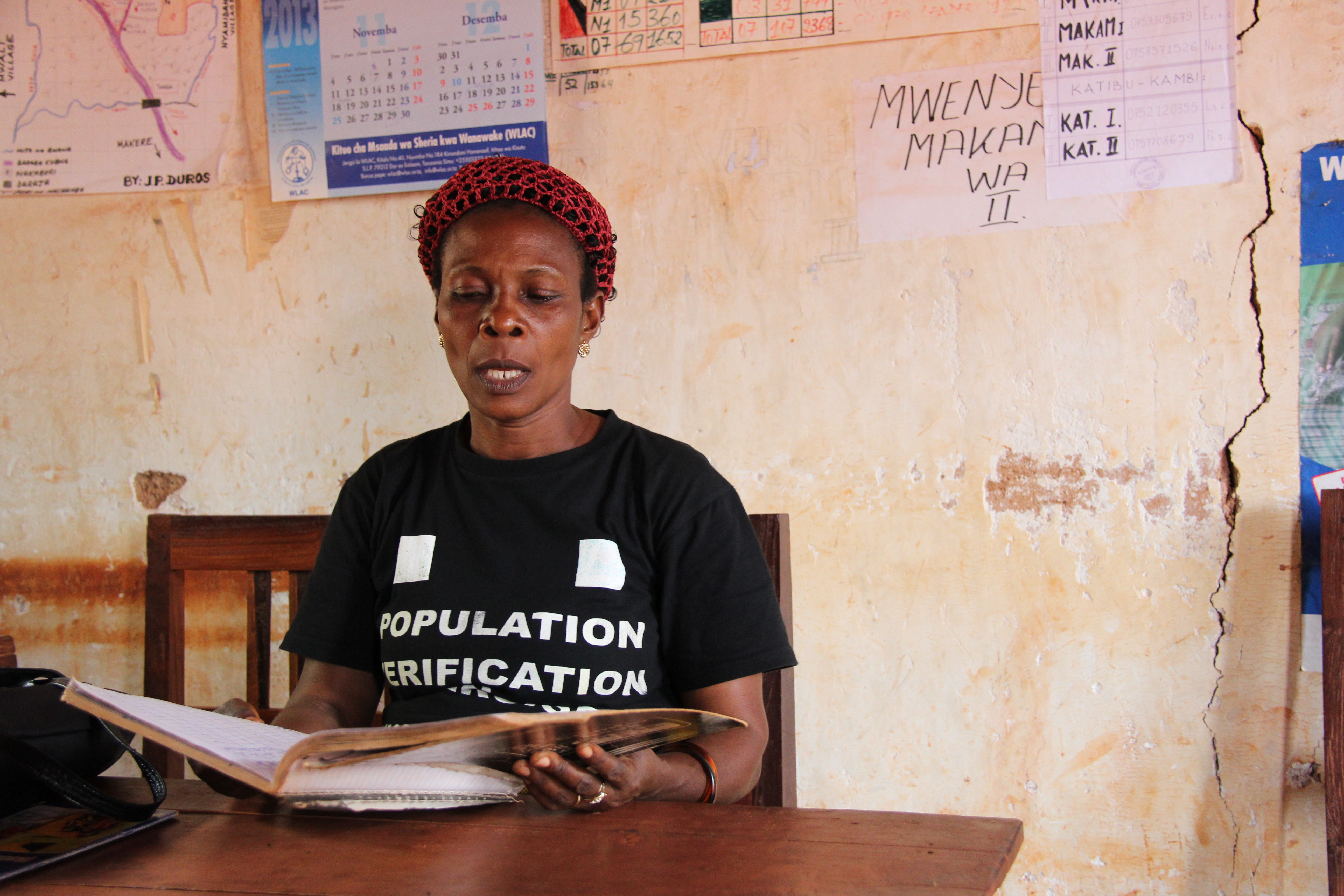Central African Republic: The importance of being educated
Central African Republic: The importance of being educated

MOLE CAMP, Democratic Republic of the Congo, January 31 (UNHCR) - The worst thing about being a refugee for many of the young people in northern Democratic Republic of the Congo (DRC) is missing out on their education. This is especially true for those, like Yesson, who were in secondary or tertiary education before fleeing from Central African Republic to save their lives over the past year.
"We thought that we would find schools and that universities would be organized," the 25-year-old told UNHCR in Mole Refugee Camp, which is located 35 kilometres from the nearest big town - Zongo - and provides shelter to more than 9,000 refugees. That includes about 1,000 young people who were in secondary school or tertiary education back home.
There is a primary school in the Mole camp, where the Central African Republic syllabus is studied by 650 children. The school is currently being extended to host a further 650 children who have arrived since December 5, when fresh inter-communal violence flared in Central African Republic. But there is no secondary school.
Yesson was perhaps a bit naïve in expecting a network of schools, colleges and universities in this isolated, undeveloped and deprived region of DRC's Equateur province, but his concern about the provision of education for teenagers and young adults living in Mole or elsewhere is a valid and real one, shared by UNHCR and its partners.
Stefano Severe, UNHCR's Kinshasa-based regional representative, said that finding ways for the refugees in Mole and other camps to continue their education was a priority for the agency. "It is important to help them build their future in a constructive way," he added, while noting that education was important not just for gaining knowledge, but for keeping the young occupied constructively.
"We have learned from past experiences in refugee camps and we are aware that youth without any activity can have a negative impact on the atmosphere in the camp. If they are bored they are also at risk of manipulation and could be tempted to join armed groups in the Central African Republic,'' he warned.
Clearly many of the refugees, with plenty of time on their hands, are missing their education. "We can't stand it. It's serious if we don't study, for us and for our country. We are stagnating," stressed Yesson, who was studying accountancy and management at a private college in the nearby Central African Republic capital, Bangui, before fleeing across the Oubangui River to Zongo last October. "I get up in the morning and I do nothing until evening," he revealed.
Most of the students in Mole come from urban areas, mainly Bangui, and the older ones find it difficult to live in a rural area with no - or limited - education or employment opportunities.
Lamine Diop, head of UNHCR's field office in Zongo, acknowledged that providing access to secondary and tertiary education was a challenge. "We are exploring ways to enable some 700 secondary school students to continue their studies," he said, while calling on partners to help. In Boyabu Refugee Camp, also in Equateur, UNHCR is looking at ways to admit refugees to a nearby secondary school.
As it looks for solutions, UNHCR is building a cyber café so that the knowledge-thirsty students at least have access to information in Mole Camp. It's a positive move and welcomed by the students, but they want more.
"It would be even better to find ways to register students in universities," said 23-year-old art student, Cedrick. "Long-distance learning is a solution as well. When you have [Internet] connection, you have an opening to the world."
He and others also called for the creation of a cultural centre with library, but above all they dream of being allowed to leave Mole to study in the DRC capital, Kinshasa, or abroad. Instead, said Emmanuel Kouzouaki Yondo, president of the refugee committee in Mole, many of those with qualifications "are the victims of youth unemployment."
Most of the young refugees, at heart, wish that the conflict will end soon and allow them to go back and resume their studies and eventually start careers in their own country. "I am asking myself when this nightmare will finish," said a pessimistic and depressed Cedrick.
The Democratic Republic of the Congo is hosting nearly 60,000 refugees from Central African Republic, with about half of them living in four refugee camps. The others are with host families. With the new influx since December 5, the refugee population has increased significantly in some camps. In Mole, it has jumped from 4,000 to 9,000 in just over a month.
By Céline Schmitt in Mole Camp, Democratic Republic of the Congo









